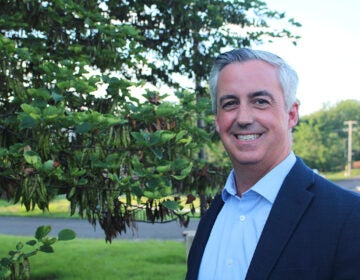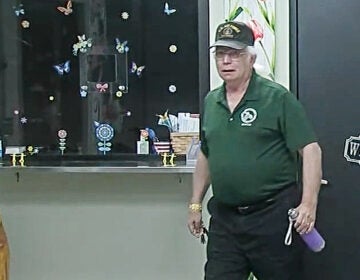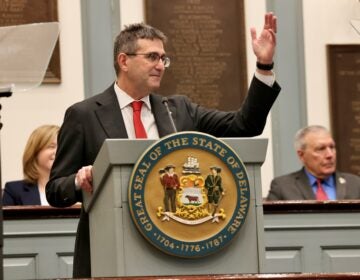Will privatizing liquor sales make people drink more?
A Pennsylvania think tank is coming out against privatizing liquor sales with an old argument backed up by some new analysis.
The Executive Director of the Keystone Research Center, Stephen Herzenberg, cites recommendations from The Task Force on Community Preventive Services. That’s an independent group whose members are appointed by the Director of the Centers for Disease Control. Herzenberg said the evidence shows that when alcohol sales are privatized, consumption goes up.”It’s partly because you have more outlets, it’s partly because stores open more hours, you have more marketing efforts because of the incentive to sell more and make more profit,” said Herzenberg. “Based on careful study of cases of actual privatization by US states, by Canadian provinces, and by a number of European countries, those examples show that when privatization is put in place it’s actually lead to increases in consumption on the order of 50 percent.”Governor Tom Corbett has spoken out in favor of privatizing the state-run liquor store system, citing Pennsylvania’s need for additional revenues. Herzenberg said the Task Force statement deserves close examination as Pennsylvania lawmakers consider whether to privatize state wine and spirits stores.
Karen Glanz is a Professor of Medicine and Nursing at the University of Pennsylvania, and a member of the Task Force.”It actually makes a lot of logical sense that if access is easier, that people who want access to alcohol will get more it under those conditions,” said Glanz.Glanz said most lawmakers considering privatizing Pennsylvania’s wine and liquor stores are thinking more about revenue generation, than health.
WHYY is your source for fact-based, in-depth journalism and information. As a nonprofit organization, we rely on financial support from readers like you. Please give today.




